
Rosina Ruth Lucia Park AM was a New Zealand–born Australian author. Her best known works are the novels The Harp in the South (1948) and Playing Beatie Bow (1980), and the children's radio serial The Muddle-Headed Wombat (1951–1970), which also spawned a book series (1962–1982).
Helen Dale is an Australian writer and lawyer. She is best known for writing The Hand that Signed the Paper, a novel about a Ukrainian family who collaborated with the Nazis in The Holocaust, under the pseudonym Helen Demidenko.
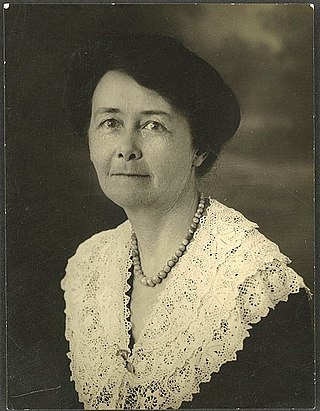
Stella Maria Sarah Miles Franklin, known as Miles Franklin, was an Australian writer and feminist who is best known for her novel My Brilliant Career, published by Blackwoods of Edinburgh in 1901. While she wrote throughout her life, her other major literary success, All That Swagger, was not published until 1936.
The Miles Franklin Literary Award is an annual literary prize awarded to "a novel which is of the highest literary merit and presents Australian life in any of its phases". The award was set up according to the will of Miles Franklin (1879–1954), who is best known for writing the Australian classic My Brilliant Career (1901). She bequeathed her estate to fund this award. As of 2016, the award is valued at A$60,000.
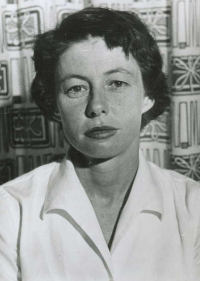
Thea Beatrice May Astley was an Australian novelist and short story writer. She was a prolific writer who was published for over 40 years from 1958. At the time of her death, she had won more Miles Franklin Awards, Australia's major literary award, than any other writer. As well as being a writer, she taught at all levels of education – primary, secondary and tertiary.

Gundagai is a town in New South Wales, Australia. Although a small town, Gundagai is a popular topic for writers and has become a representative icon of a typical Australian country town. Located along the Murrumbidgee River and Muniong, Honeysuckle, Kimo, Mooney Mooney, Murrumbidgee and Tumut mountain ranges, Gundagai is 390 kilometres (240 mi) south-west of Sydney. Until 2016, Gundagai was the administrative centre of Gundagai Shire local government area. In the 2021 census, the population of Gundagai was 2,057.

Richard Miller Flanagan is an Australian writer, who has also worked as a film director and screenwriter. He won the 2014 Man Booker Prize for his novel The Narrow Road to the Deep North.

Australian literature is the written or literary work produced in the area or by the people of the Commonwealth of Australia and its preceding colonies. During its early Western history, Australia was a collection of British colonies; as such, its recognised literary tradition begins with and is linked to the broader tradition of English literature. However, the narrative art of Australian writers has, since 1788, introduced the character of a new continent into literature—exploring such themes as Aboriginality, mateship, egalitarianism, democracy, national identity, migration, Australia's unique location and geography, the complexities of urban living, and "the beauty and the terror" of life in the Australian bush.

Monica Elizabeth Jolley AO was an English-born Australian writer who settled in Western Australia in the late 1950s and forged an illustrious literary career there. She was 53 when her first book was published, and she went on to publish fifteen novels, four short story collections and three non-fiction books, publishing well into her 70s and achieving significant critical acclaim. She was also a pioneer of creative writing teaching in Australia, counting many well-known writers such as Tim Winton among her students at Curtin University.
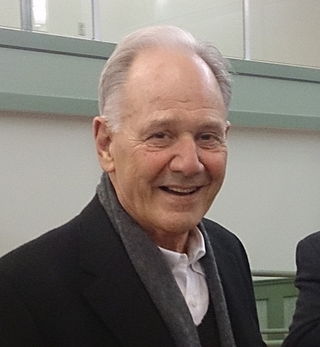
Alexander McPhee Miller is an Australian novelist. Miller is twice winner of the Miles Franklin Award, in 1993 for The Ancestor Game and in 2003 for Journey to the Stone Country. He won the overall award for the Commonwealth Writer's Prize for The Ancestor Game in 1993. He is twice winner of the New South Wales Premier's Literary Awards Christina Stead Prize for Conditions of Faith in 2001 and for Lovesong in 2011. In recognition of his impressive body of work and in particular for his novel Autumn Laing he was awarded the Melbourne Prize for Literature in 2012.
Doris Pilkington Garimara, also known as Doris Pilkington, was an Aboriginal Australian author.
Hugh Roger McDonald is an Australian author of several novels and a number of non-fiction works. He is also an accomplished poet and TV scriptwriter.
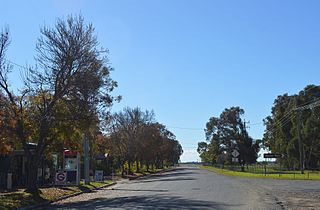
Maude is a village on the north bank of the Murrumbidgee River in New South Wales, Australia. It is in between Hay and Balranald in Hay Shire. It is 55 kilometres downstream from Hay and 25 kilometres upstream from the junction of the Lachlan River with the Murrumbidgee. At the 2006 census, it had a population of 161. It consists of a general store, hotel, post office and caravan park. It is surrounded by market gardens supplied with water from Maude Weir, a popular spot for anglers looking for yellow belly, redfin and Murray cod.
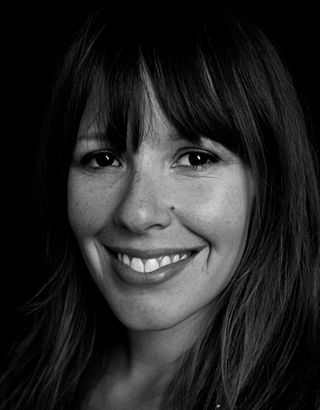
Tara June Winch is an Australian writer. She is the 2020 winner of the Miles Franklin Award for her book The Yield.
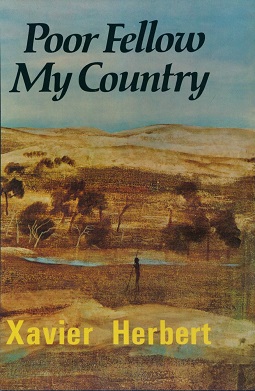
Poor Fellow My Country is a Miles Franklin Award-winning novel by Australian author Xavier Herbert. At 1,463 pages, it is the longest Australian work of fiction ever written, and the longest single-volume novel to have been written in the English language. Poor Fellow My Country won the 1976 Miles Franklin Literary Award, Australia's most prestigious such award. It was Herbert's final novel.
Florence Gertrude James was an Australian writer and literary agent, born in New Zealand.

Verna Susannah Coleman was an Australian biographer, whose work concentrated on neglected aspects of controversial expatriate literary and political figures.
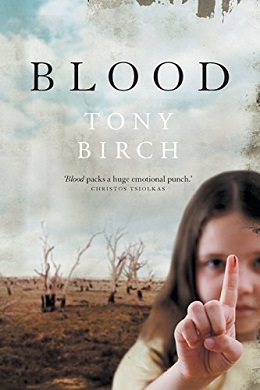
Blood (2011) is a novel by Australian author Tony Birch. It was shortlisted for the 2012 Miles Franklin Literary Award.
Ten Creeks Run : A Tale of the Horse and Cattle Stations of the Murrumbidgee (1930) is a novel by Australian writer Miles Franklin.
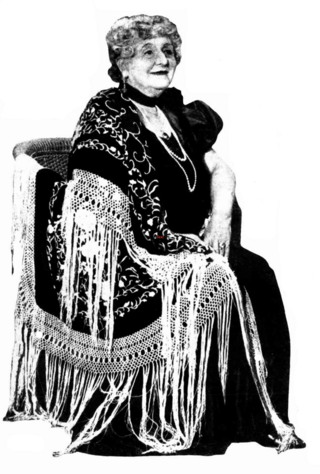
Zara Baar Aronson was a Sydney-based journalist, editor, welfare worker, feminist and restaurateur of Jewish background. She was born in Australia but spent her formative years in Europe, before returning to Sydney where she became a socialite as well as a social columnist and journalist in a number of major newspapers across Australian cities. She pursued social and charity work as well as her own business in publishing, food and catering. Aronson helped form the Society for Women Writers and a local branch of John O'London's Literary Circle, and was a founding member and secretary of the National Council of Women of Australia. During World War II she raised funds for the Junior Red Cross by selling a cookery book, after which she published another well-received cookbook, Twentieth Century Cookery Practice. In later life she was made a civil officer of the Order of the British Empire for her services to the community.














